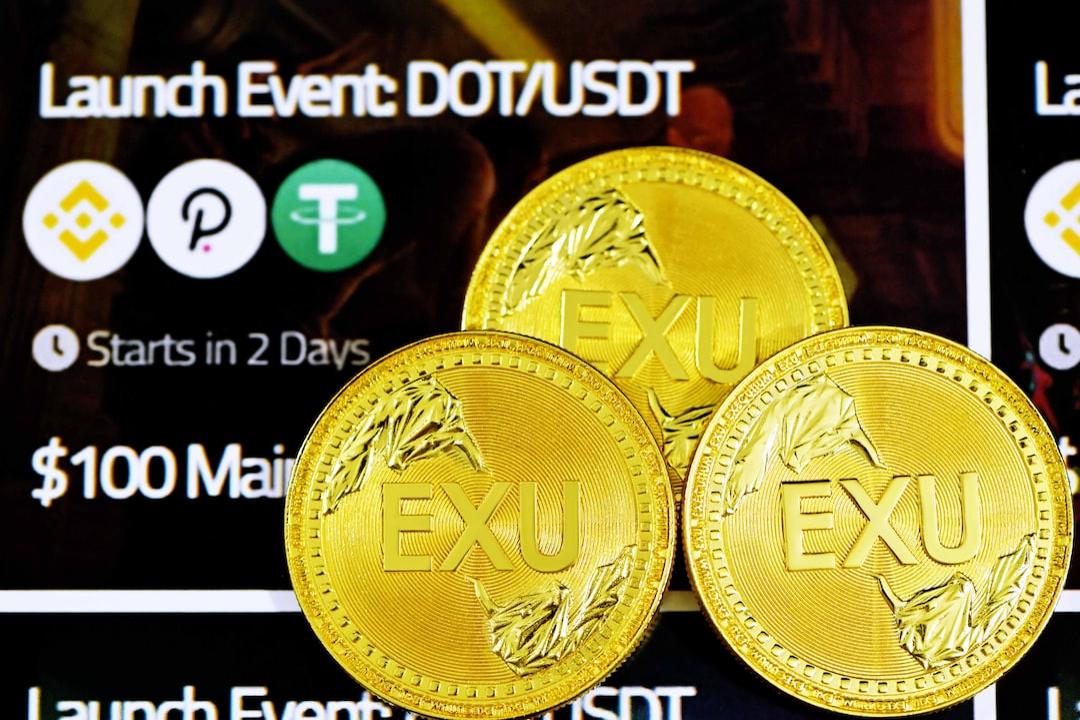El Salvador, which was the first country to adopt Bitcoin as legal tender, has recently introduced new legislation to restrict its cryptocurrency efforts. This decision was made in response to a recent agreement between the Salvadoran government and the International Monetary Fund (IMF).
The Salvadoran parliament has approved a bill to amend the Bitcoin legislation in order to align with the government’s agreement with the IMF. In December, representatives from El Salvador and the IMF reached a $1.4 billion deal, allowing businesses the freedom to decide whether to accept cryptocurrency payments.
The funds from this agreement will be used by El Salvador to support economic reforms. The IMF has stated that the adjustments made under the Extended Fund Facility (EFF) will help mitigate the risks associated with Bitcoin for the country. The legal changes are expected to make Bitcoin acceptance voluntary for the private sector, while limiting the public sector’s involvement in Bitcoin-related economic activities.
The bill was passed by the Salvadoran Congress, which is dominated by President Nayib Bukele’s New Ideas Party, with 55 votes in favor and 2 against. However, this agreement still requires approval from the IMF Executive Board and will only be effective if El Salvador meets certain conditions.
These modifications aim to maintain the private sector’s freedom in using Bitcoin while exerting more control over public sector transactions. The regulations seek to strengthen El Salvador’s economic stability and manage the risks posed by cryptocurrencies.
This legislative action taken by El Salvador could serve as an important example for other countries in determining the legal status of cryptocurrencies. Furthermore, the agreement with the IMF may enhance the nation’s international financial relationships and contribute to its economic development.
The new laws regarding Bitcoin could reshape El Salvador’s position in the cryptocurrency market and establish a framework for future regulations.
In conclusion, the legal changes implemented by El Salvador demonstrate a move towards more regulated use of cryptocurrencies while promoting cooperation with the IMF. This step is seen as significant for economic reforms and risk management. El Salvador’s actions may provide valuable lessons for global cryptocurrency policies.


